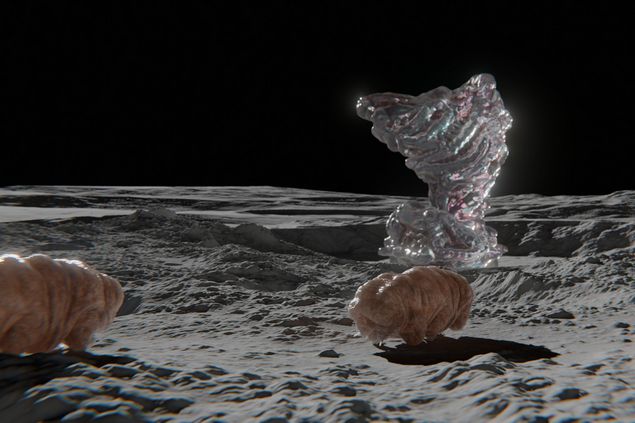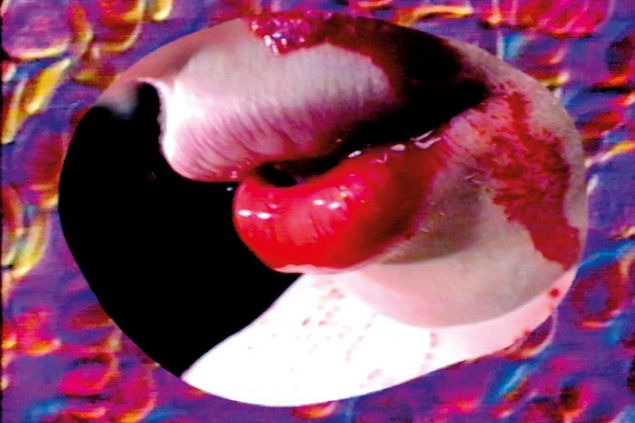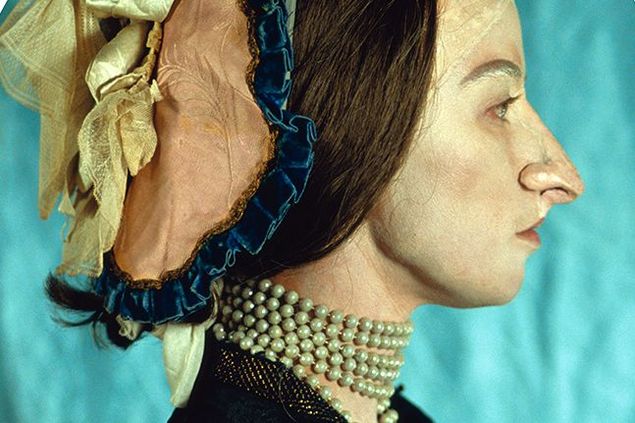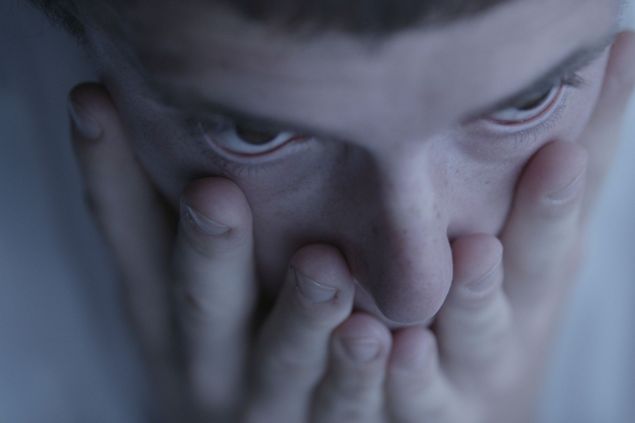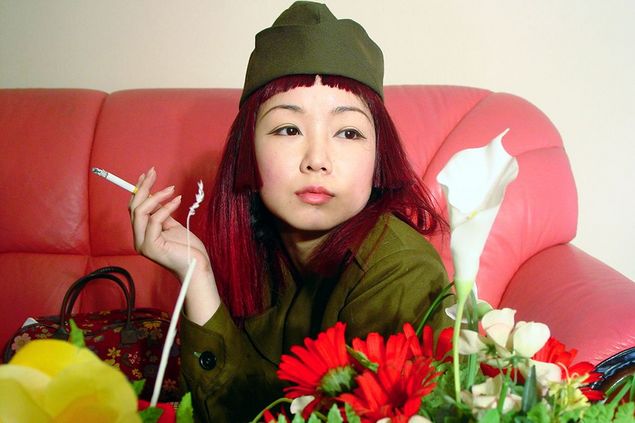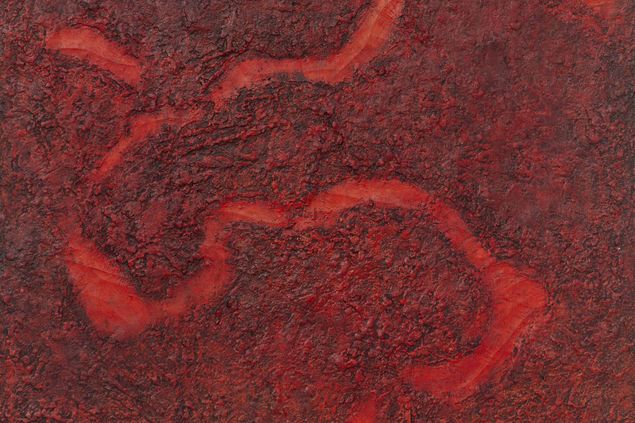In the cinematic orchestration of migration (empire) various wild animals wander through bizarrely deserted North American motels. Mustangs, buffaloes, pumas, raccoons, eagles and owls enter terrain that is normally reserved for people. These uncanny motel settings, eerily reminiscent of David Lynch’s film Lost Highway, are placed against an almost surreal backdrop at the edge of huge oilfields. Yet there is no clash between base animal instinct and civilised human culture, but merely a cautious attempt to make contact. The animals move – some timidly, others curiously – through the empty, well-tended bedrooms. Although people are nowhere to be seen, there is a mysterious sense of their presence. Switched-on televisions, coffee machines and lamps as well as running taps betray at least some temporary human habitation of the rooms. The images in migration (empire) are underscored by the constant sound of running or dripping water. Doug Aitken portrays the wild animals in the sterility of the motel rooms as sublime creatures in a diffuse, bright light. Their fur, feathers or eyes are shown in detailed close-ups. In migration (empire) a dynamic is generated that is at once meditative and powerful – and utterly entrancing.

